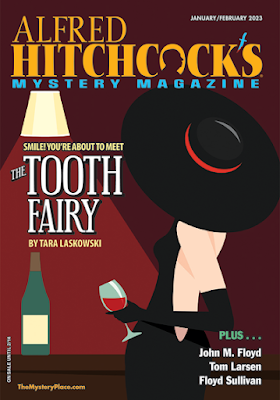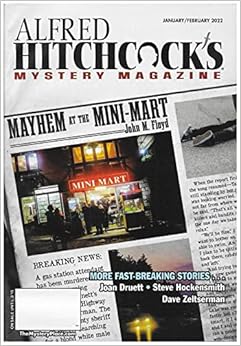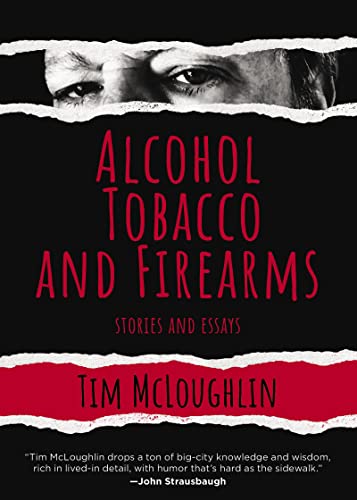I'm getting pretty tired of memes and op-eds that are shocked, shocked, shocked! about searches and arrests and even convictions, so I thought I'd discuss how things happen in the real world of criminal justice. And I'm going to use plain, simple language, because there too many people running around who have bought a whole lot of legal BS.
(2) If you try to sell illegal drugs, and the cops bust you, you're still guilty even if what you brought to sell was actually lawn clippings in a baggie.
(3) If you try to hire a 13 year old for sex, even if "she" turns out to be a 46 year old portly male detective, you are still guilty of trying to buy a minor for sex.
(4) If you try to sell a 13 year old for sex, even if you have no 13 year old in the stable, and were just trying to scam the purchaser, you are still guilty of pimping, as well as scamming.
(5) If you offer to kill someone for hire, and then pocket the money but don't do it, you're still going to be charged with conspiracy to commit murder.
(6) If you're conspiring with people to kidnap / murder someone or some group of people (such as the ones who conspired to kidnap and execute Michigan Governor Whitmer, or the group in Kansas (HERE) that was going to blow up a Somali community), and an informer has infiltrated your group, and the FBI (or other law enforcement) arrest you before you actually commit the crime - well, there's a reason conspiracy is a crime, and you're gonna find out the hard way.
Basically, it doesn't matter if you didn't get or didn't give what was offered - what matters is that you intended to get or give what was offered.
Cathy the Catburglar comes to Paul's Pawnshop in New York City with a diamond ring valued at $10,000. "Wow, that's a beautiful ring," Paul says to Cathy. "Where'd you get it?"
"Duh. I stole it. I'm a cat burglar. It's right in my name."
"Right," says Paul. "But where did you steal it from?"
"I'd rather not say," Cathy replies, "but don't worry. I didn't steal it around here. Let's just say that an heiress in California will find that her hand feels a little lighter than it used to."
"Gotcha," Paul replies. "I'll give you six grand for the ring." They haggle and eventually settle on a price of $7500.
Paul has committed a federal crime of receiving goods valued at over $5,000 that he knows to be stolen and that crossed state lines. He has also committed third-degree possession of stolen property under New York law. The fact that Paul didn't steal the ring himself or play a role in Cathy's crime does not shield Paul in any way. (DORF)
Another one is the "hearsay doesn't count" defense:
(1) Pretty much every single Mafia and other crime boss who's been indicted, tried, and convicted has been put there by the witness of other criminals - usually their [former] employees. Except for those who got caught cheating on their taxes. Sometimes them, too.
"People commit murders largely in the heat of passion, under the influence of alcohol or drugs, or because they are mentally ill, giving little or no thought to the possible consequences of their acts. The few murderers who plan their crimes beforehand -- for example, professional executioners -- intend and expect to avoid punishment altogether by not getting caught. Some self-destructive individuals may even hope they will be caught and executed." (ACLU)
Or, as someone said recently on Facebook in one of the greatest memes I've ever seen, which said simply, "We already know what caused the shootings: Hate/Fear/Rage"
But executions are always a popular idea. A commenter on Facebook wrote me that the best way to stop crime and lower prison populations is to execute all violent criminals and drug dealers and - well, it was a long list. I instantly thought of Larry Niven's short story, "The Jigsaw Man" (in the original Dangerous Visions anthology that I've referred to a few times).
Synopsis from Wikipedia, "In the future, criminals convicted of capital offenses are forced to donate all of their organs to medicine, so that their body parts can be used to save lives and thus repay society for their crimes. However, high demand for organs has inspired lawmakers to lower the bar for execution further and further over time.
The protagonist of the story, certain that he will be convicted of a capital crime, but feeling that the punishment is unfair, escapes from prison and decides to do something really worth dying for. He vandalizes the organ harvesting facility, destroying a large amount of equipment and harvested organs, but when he is recaptured and brought to trial, this crime does not even appear on the charge sheet, as the prosecution is already confident of securing a conviction on his original offense: repeated traffic violations."
So be careful what you advocate for. I've seen how you drive.




































